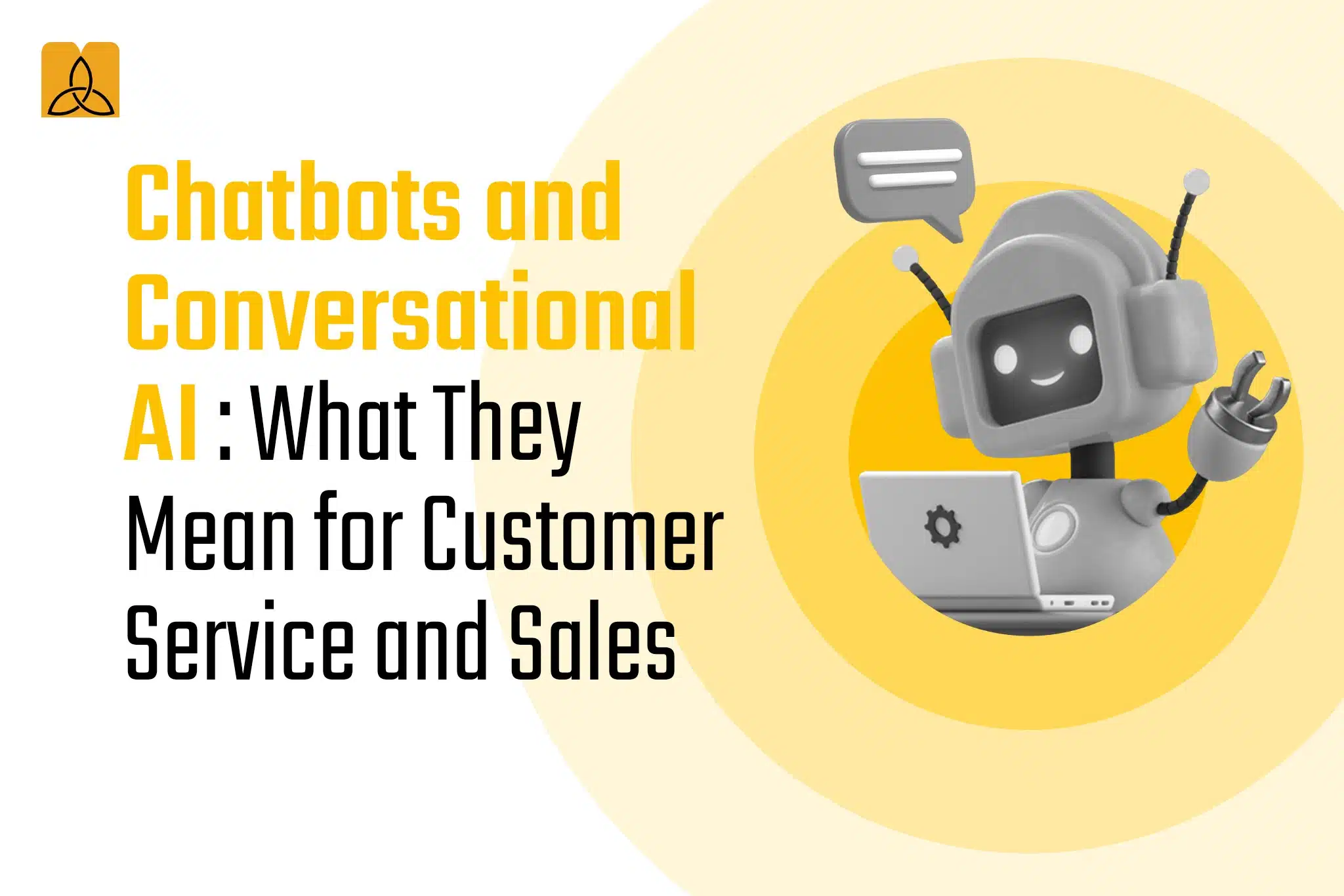The complete guide to unlocking your team’s power of our unique work.
-
Digital Marketing
-
Digital Marketing

Platforms
- Google Reach intent-driven audiences with targeted ads
- Facebook & Instagram Boost brand awareness with precise targeting
- Linkedin Connect with professionals through targeted ads
- Twitter Engage real-time audiences with promoted tweets
- Youtube Drive engagement with captivating video ads
- Amazon & Flipkart Boost product sales with shopping ads
Leading Digital Marketing Experts
At MOAR Digital 360, we are the leading digital marketing experts in Chennai, committed to driving growth and success for your business. With a proven track record, we offer comprehensive solutions tailored to your needs, ensuring that your brand stands out in the competitive online space.
Get Proposal
-
- Technologies
-
Services
-
- Software Product Engineering Future-proof software solutions
- Dedicated Software Teams Skilled developers, transparent billing
- QA & Testing Comprehensive QA & Testing solutions
- Cloud Services Seamless, superior cloud services
- Application Development End-to-end app development
- eCommerce Next-level solutions for B2B & B2C
- Data Engineering Accelerate growth with data science
- AI & ML Drive technological innovation
 Software Product Engineering
Software Product Engineering
- Product Consulting Expert advice on technology, process & more
- Product UI/UX Design Choose the right technology and process
- Software Product Development Assistance from product conception to release
- MVP Development Validate your idea and ensure its success
- SaaS Development Scalable SaaS solutions for business growth
 Dedicated Software Teams
Dedicated Software Teams
Expertise
 QA & Testing
QA & Testing
 Application Development
Application Development
Our Expertise
 eCommerce
eCommerce
Our Expertise
Technology
 Data Engineering
Data Engineering
Business Intelligence (BI)
Data Science & Analytics
- Data Science Consulting Transforming data into insights
- Hire Expert Data Scientists Hire brilliance, harness data power
- Big Data Solutions Harnessing power of big data
- Data Analytics Consulting Transforming data into action
- Predictive Analytics Solutions Forecasting success with data
- Data Visualization Visualizing data, simplifying decisions
 AI & ML
AI & ML
Artificial Intelligence (AI)
Generative AI
Development for Business Growth
You’re in the right place to discover the ideal solutions for expanding, growing, and enhancing your business. MOAR Digital 360, a leading Microsoft Certified Offshore Development Company, boasts extensive experience that empowers us to create effective solutions tailored to our clients' needs.
Get Proposal
-
-
Solutions
-
Solutions
- Financial Management Strategic consulting for growth
- Workforce Management Streamline workforce operations
- Human Resource Management Optimize HR processes
- eLearning Digitalize your learning journey
- Supply Chain Management Improve supply chain efficiency
- Fleet Management Enhance fleet efficiency
- CRM Strengthen customer relationships
- Operations Management Optimize operational processes
- Asset Management Improve asset optimization
- Web Portals Transform web experiences
- Content Management System Cost-effective content management
- Enterprise Resource Planning Enhance enterprise efficiency
- Document Management Digitize documents seamlessly
- Robotic Process Automation Automate, Simplify, Excel
Industries
- Healthcare Innovative digital solutions
- ISV End-to-end software products
- Automotive Result-driven automotive software
- Fintech Build end-to-end, robust solutions
- Banking & Finance Feature-rich eCommerce solutions
- Manufacturing Next-gen manufacturing mastery
- Telecommunications Connect digital dimensions
- Education & eLearning Custom and platform-based LMS
- Travel & Tourism Technology-driven mobility solutions
- BFSI Enhance agility & efficiency
- Logistics & Transportation Efficient logistics & fleet management
- Media & Entertainment Media & OTT apps, ERP, & more
- Professional Services Craft client success
- Oil & Gas Innovate energy engagements
-
- Our Company













